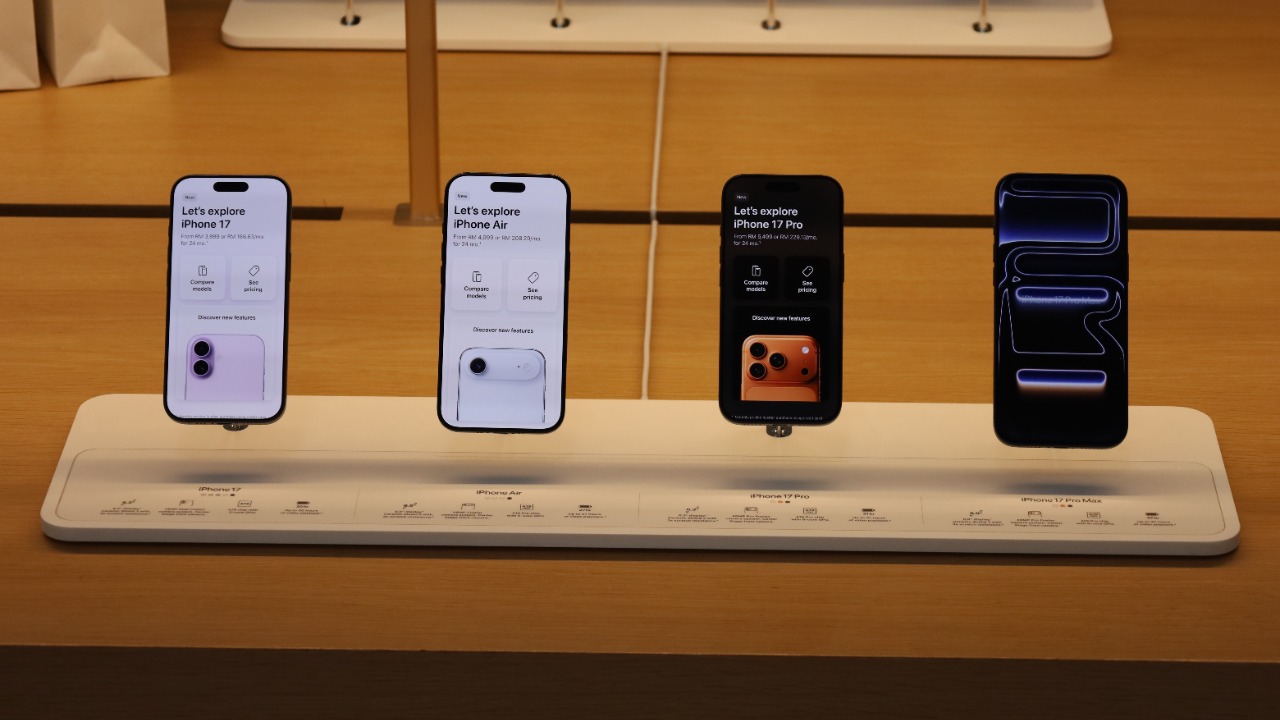
As Apple rolls out its Digital ID feature in the United States, the tech giant’s move to allow users to store government-issued identification on their iPhones has sparked a heated debate over personal data security. While Apple brands this feature as a “Digital Passport” for seamless convenience, critics and privacy advocates warn of its potential to transform everyday devices into tracking mechanisms, thereby enabling unprecedented government and corporate surveillance.
What is Apple’s Digital ID?
Apple’s Digital ID is a feature that integrates with the iOS Wallet, allowing users to store encrypted versions of their state-issued IDs, such as driver’s licenses. Initially, this feature is available in participating U.S. states like Arizona, Maryland, and Georgia. The verification process is designed to be secure and straightforward. Users authenticate their identity via Face ID or Touch ID, eliminating the need to share physical cards. This process is initially limited to domestic air travel through the TSA.
Apple emphasizes the use of end-to-end encryption and on-device processing to assure users that their full ID data will not leave their phone without their consent. This emphasis on privacy is a cornerstone of Apple’s branding for the Digital ID feature, but it has not quelled the concerns of privacy advocates.
Privacy Advocates’ Alarms Over Data Vulnerabilities
Privacy advocates have voiced strong concerns over the potential misuse of the Apple Digital ID. They warn of the risks of data breaches that could expose sensitive personal information like addresses and birthdates to hackers. There are also concerns about the centralized storage of data within Apple’s ecosystem. Even though the data is encrypted, it could potentially be subpoenaed by law enforcement agencies, raising fears of misuse.
Another critique focuses on the feature’s reliance on biometric authentication. Critics argue that this could inadvertently link digital footprints across apps and services, thereby increasing the potential for surveillance and tracking.
Convenience Features Versus Surveillance Risks
Despite these concerns, Apple’s Digital Passport promises several benefits. These include faster airport security lines and potential expansions to age verification for alcohol purchases or event entries. However, these convenience features come with surveillance risks. Repeated scans could create a detailed log of user movements, raising questions about who controls access to this metadata—Apple, governments, or third parties.
There is also a tension between user opt-in controls and the subtle pressure to adopt the feature for everyday conveniences. This could potentially normalize constant identity verification, further blurring the line between convenience and surveillance.
Lessons from Global Digital ID Rollouts
Apple’s initiative is not the first of its kind. On July 4, 2025, a digital government app in Eswatini was launched, aimed at streamlining public services. However, it faced public criticism over inadequate safeguards on biometric data collection from citizens, leading to fears of government overreach in monitoring daily activities through mandatory registrations.
These concerns echo those raised about Apple’s Digital ID. Similar apps in developing regions highlight universal risks, such as unequal access to privacy protections for lower-income users, which could potentially apply to Apple’s system as well.
Emerging Social Apps and Parallel Privacy Backlash
Concerns about privacy are not limited to government or corporate initiatives. The viral ‘Tea’ app, released on July 24, 2025, allows women to review their dates like Yelp entries. This has sparked privacy concerns over non-consensual sharing of personal encounters. Users have reported instances of doxxing and harassment enabled by the app’s rating system, where anonymous reviews could include identifiable details like locations or photos.
This illustrates how user-generated data platforms can amplify the same vulnerabilities that Apple’s system might introduce, such as perpetual online profiles tied to real identities.
Regulatory and User Response to Apple’s Launch
On November 14, 2025, Apple announced the initial U.S. rollout of its Digital ID. The feature is available for opt-in by iPhone users aged 18 and older in supported states. However, advocates are calling for stronger federal oversight, including mandatory audits of Apple’s data handling practices to prevent cross-border information sharing.
Despite these concerns, user adoption rates are projected to reach millions within the first year. However, surveys show that 40% of respondents are hesitant to adopt the feature due to privacy fears. As the debate continues, the balance between convenience and privacy remains a contentious issue in the era of digital identification.
More from MorningOverview